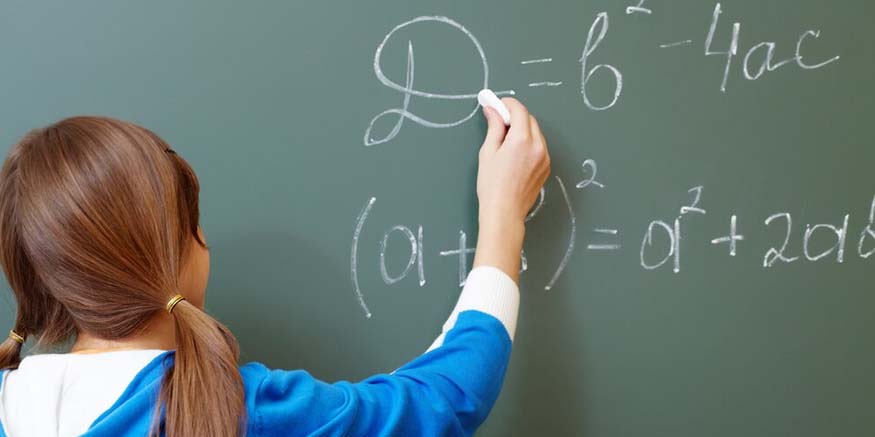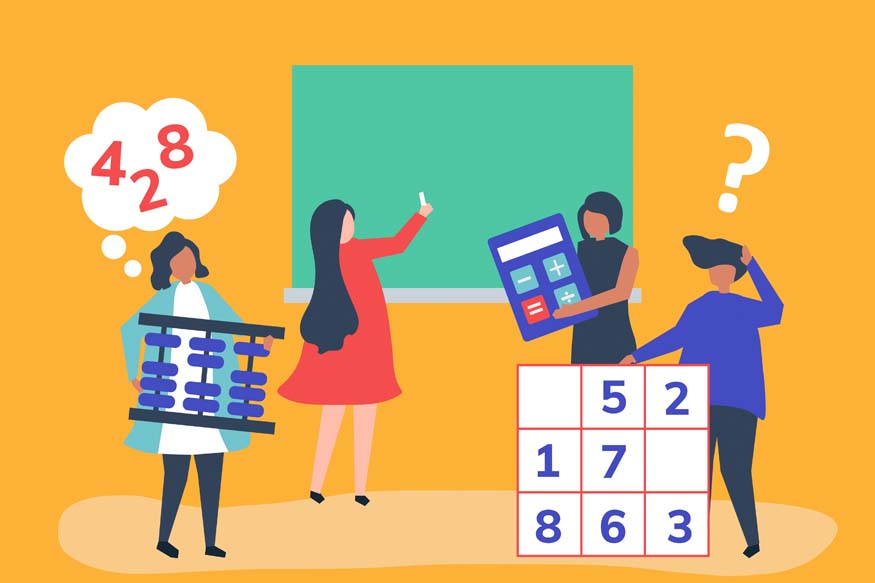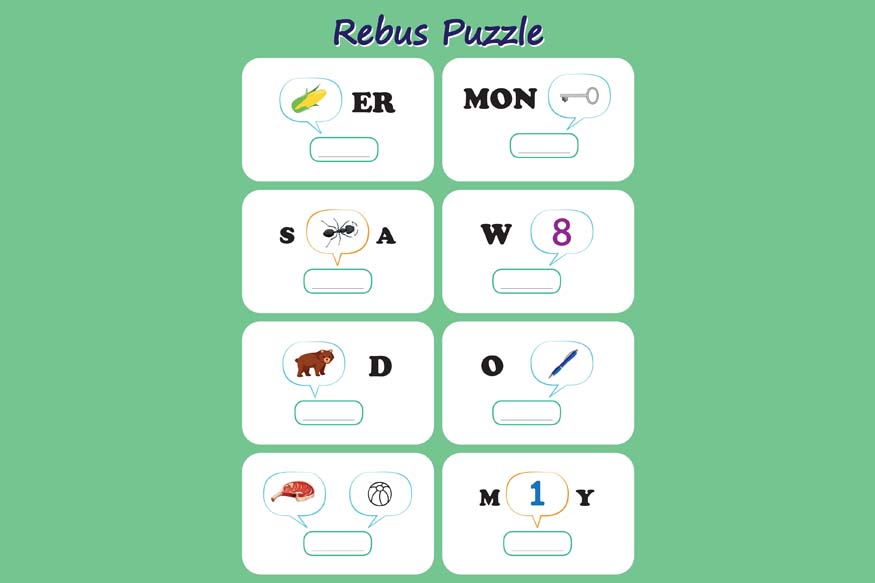Table of Contents
- What is algebra: A Brief overview
- Key components of algebra
- Uses of algebra in daily life: Everyday applications
- What is algebra’s role in problem-solving?
- Application of algebra in real life: STEM fields
- Effective methods of teaching algebra
- Conclusion
Algebra is often considered as a tricky topic that has little to do with practical life. On the contrary, it is a powerful tool that can help students think better in real-world applications. “What is algebra?” is something we all have wondered when we first came across the term. In this blog post, we will explore ‘what is algebra’ and the application of algebra in real life.
What is Algebra: A Brief Overview
Before we delve into uses of algebra in daily life, let us address the fundamental question: What is algebra? Algebra, in its simplest terms, is a part of mathematics that uses letters and symbols to represent numbers and quantities in equations and formulas. It is a language that describes mathematical relations and solves problems with any values of parameters in general form.
Key Components of Algebra Involve :
– Variables (like x and y)
– Constants
– Equations
– Functions
– Inequalities
It is essential to understand the foundation principles of algebra to apply them in our daily lives and various professional fields.
Uses of Algebra in Daily Life: Everyday Applications
Imagine unlocking the secrets of everyday life with the same tools you once thought were confined to dusty textbooks and classroom blackboards. That is the hidden power of algebra. Here are some common scenarios where students can apply algebra in real-life scenarios:
- Shopping and Discounting: Algebra is used in daily life to determine the value of products to sell or compare product values.
- Cooking and Baking: Scaling up or scaling down recipes or changing measurements.
- Home Improvement: Measuring how much paint is required for a room or how much material is required for a specific project. This is one of the interesting uses of algebra in daily life.
- Time Management: Planning schedules or estimating task completion times.
- Sports Statistics: Analysing the player’s performance or monitoring the position of the team. This is one of the important uses of algebra in daily life.
For example: If x is the original price, for a 20% discount, the discounted price can be written as 0.8x. If 0.8x=800, we can find the original price by solving x.
For example: If 4 rotis require x cups of atta, and 12 rotis require y cups, we can use the equation: y = 3x. This shows the relationship between the quantities.
For example: If a paint can is used to cover x square metres, and the room area is 20 square metres, we can use the equation: nx = 20, where n is the number of tins required.
For example: If x is the time for one chapter, and y is the total time for 6 chapters, we use the equation: y = 6x. Here, a linear equation is used to show the relationship.
For example: If the average score of a player is x, and they scored 50, 75, and 60 in three matches, the equation can be written as: (50 + 75 + 60) ÷ 3 = x.
Educators can make the process more interesting and comprehensible for students by focusing on how algebra is used in daily life.
What is Algebra’s Role in Problem-Solving?
To understand the above examples in detail let us now understand what is the importance of algebra in problem-solving? Algebra helps develop a systematic approach to simplify complex problems into easier parts. It helps students develop logical thinking in the following ways:
- Recognising known and unknown variables
- Describing relationships in terms of an equation
- Strategies for solving equations for unknowns
- Interpreting results given the problem as presented
These skills are not confined to mathematics; rather, they are used in every situation that the student is likely to encounter in life.
Application of Algebra in Real Life: STEM Fields
Algebra is used in everyday life, especially in the area of STEM, that is Science, Technology, Engineering, and Mathematics. Some examples include:
- Physics: Calculations related to motions, forces and changes between different forms of energy.
- Chemistry: Analysing and solving equations to establish chemical proportions.
- Engineering: Designing structural and optimising systems.
- Computer Science: Creating algorithms, software and other related coding.
- Data Science: Researching trends and market behaviours.
Educators can use these examples to demonstrate the application of algebra in real life and motivate students eager to pursue careers in Science, Technology, Engineering, and Mathematics.
Effective Algebra Teaching Strategies
Here are some efficient strategies that help students understand algebra more easily:
- Start with Concrete Examples: Introduce students to real-world applications of algebra to draw their attention to more profound concepts. This is one of the most important effective algebra teaching strategies.
- Use Visual Aids: Use graphs, diagrams and physical models as components that illustrate the application of the algebraic equations.
- Incorporate Technology: Use interactive software and online resources that draw the attention and interests of students.
- Encourage Collaborative Learning: Suggest the students work in groups and encourage peer discussions.
- Connect to Student Interests: Connect examples with interests of the students like sports, music, social networks, etc.
- Emphasise Problem-Solving Process: Expose students to the concept that problem-solving is fun through algebra rather than focusing on finding answers alone.
- Provide Real-World Context: Always explain the application of algebra to real-world scenarios to students.
These methods of teaching algebra help students feel more comfortable with the subject.
Conclusion
Algebra is a fascinating subject with many applications in real-life scenarios. We hope this article has answered the age-old question, “What is algebra?” There are several aspects of algebra that improve students’ thinking and logical abilities.
At Centre Point School, we understand the value of practical applications of topics taught. Through conceptual learning, we consistently strive to provide students with an in-depth understanding of their curriculum. Our educators provide students with tips and strategies so that these lessons are not just limited to books but are implemented in their personal life as well.





